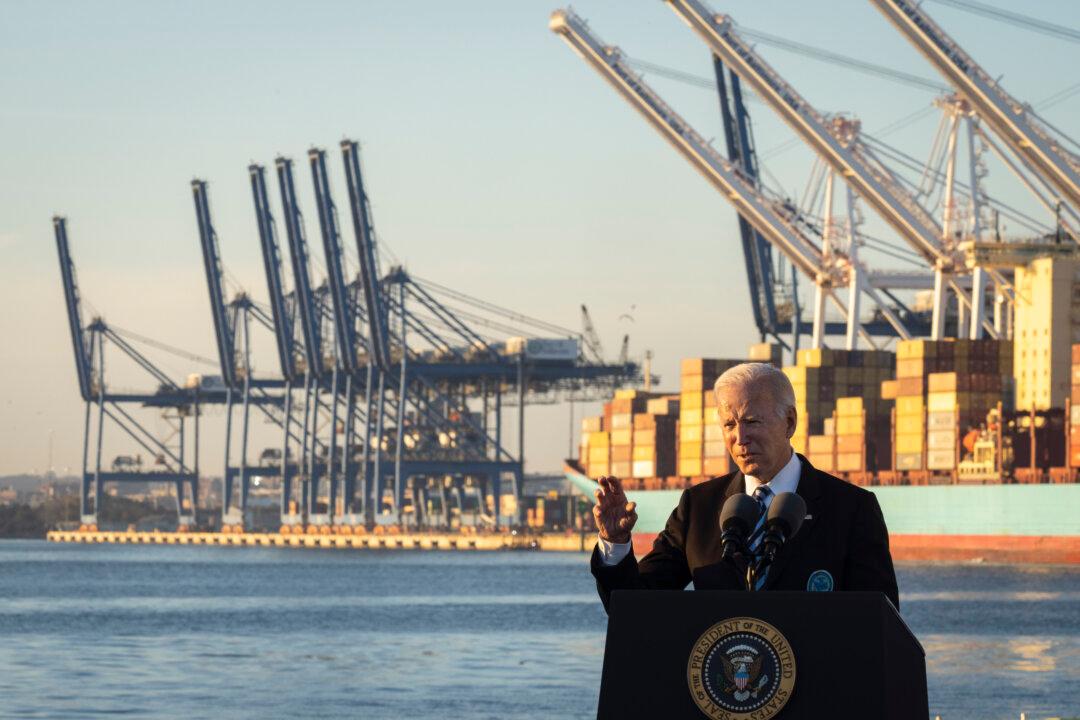Commentary
While it’s bad enough that President Joe Biden has nominated in Reta Jo Lewis a longtime, committed appeaser of the oppressive, genocidal, and expansionist People’s Republic of China to chair the Export-Import Bank of the United States, it’s probably worse that prominent U.S. business entities continue to gulp the Kool-Aid about the long widely-accepted but now thoroughly discredited notion that capitalism is wooing China into democratic reform and lawfulness.





